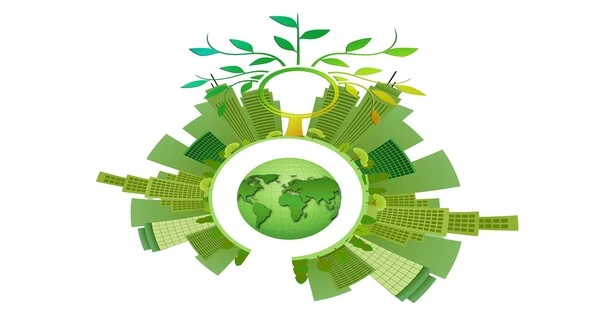Sustainable capitalism is a concept that seeks to combine the principles of capitalism with the need for environmental and social sustainability. It is a way of doing business that recognizes the interdependence between economic, environmental, and social factors.
Sustainable capitalism is a conceptual form of capitalism based on long-term practices that seek to preserve humanity and the planet while reducing externalities and resembling capitalist economic policy. To survive, a capitalistic economy must expand and find new markets to support this expansion.
Capitalist systems are frequently harmful to the environment and to individuals who lack access to proper representation. Sustainability, on the other hand, implies not only continuation but also replenishment of resources. Sustainability is frequently associated with environmentalism, but sustainable capitalism applies sustainable principles to economic governance as well as social aspects of capitalism.
The concept of sustainable capitalism emphasizes the importance of long-term thinking and the need to balance economic growth with social and environmental responsibility. It involves creating economic value while ensuring that the natural resources and social structures that support economic growth are preserved for future generations.
Some of the key principles of sustainable capitalism include:
- Environmental stewardship: Businesses need to take responsibility for their impact on the environment and strive to minimize their carbon footprint, reduce waste, and protect natural resources.
- Social responsibility: Companies need to be mindful of their impact on society, including their employees, customers, and communities, and work to ensure that they are creating value for all stakeholders.
- Long-term thinking: Sustainable capitalism requires a focus on long-term sustainability rather than short-term gains. This involves considering the impact of business decisions on future generations and the health of the planet.
- Collaboration: Collaboration between businesses, governments, and civil society is crucial to achieving sustainable capitalism. Working together, stakeholders can identify opportunities for sustainable growth and implement solutions that benefit everyone.
Although the significance of sustainable capitalism has recently been recognized, the concept is not new. Changes to the current economic model would have significant social, environmental, and economic consequences, necessitating individual efforts as well as the cooperation of local, state, and federal governments. The concept is controversial because it requires an increase in sustainable practices and a significant decrease in current consumption behaviors.
Overall, sustainable capitalism is about finding ways to create economic value while also promoting social and environmental sustainability. It recognizes that capitalism can be a powerful force for positive change but only if it is harnessed in a responsible and sustainable way.
















